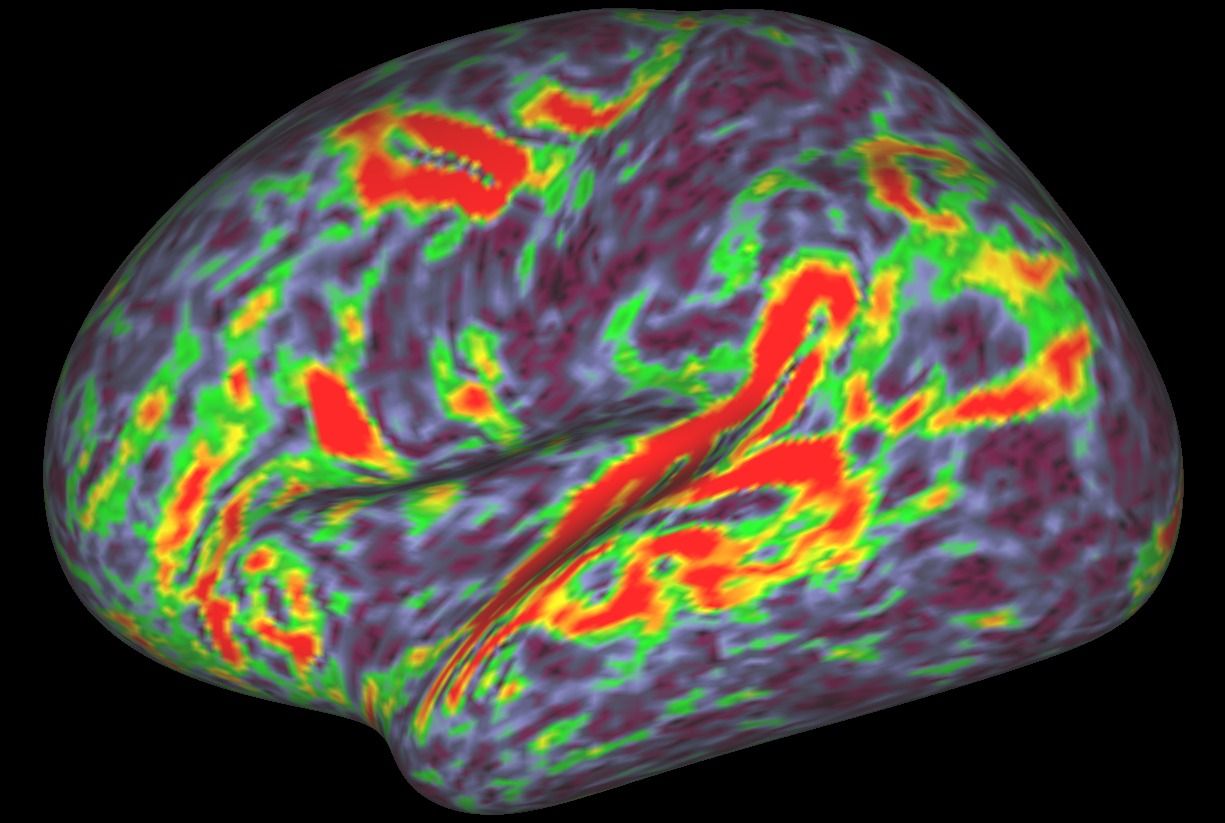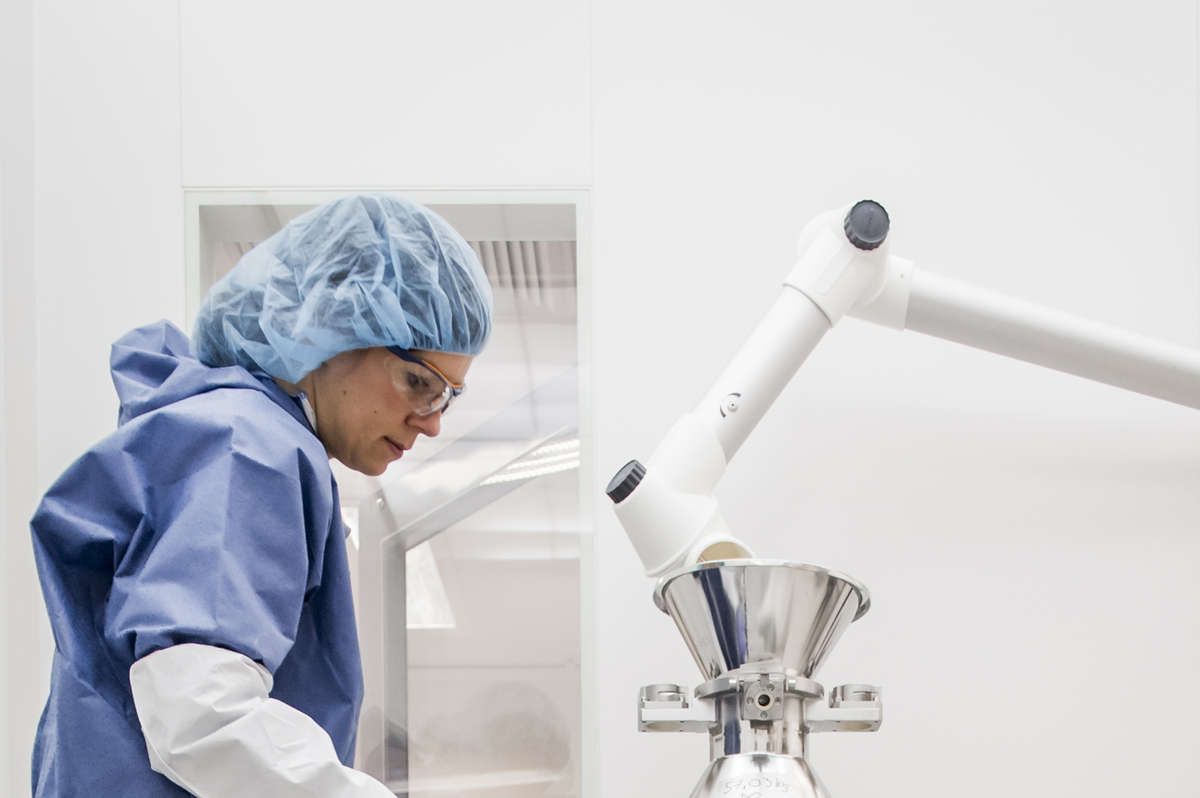Jul 28, 2016
Yale team designs gene modification system
Posted by Karen Hurst in categories: bioengineering, biotech/medical, genetics
A Yale research team has designed a system to modify multiple genes in the genome simultaneously, while also minimizing unintended effects. The gene-editing “toolbox” provides a user-friendly solution that scientists can apply to research on cancer and other disciplines, according to a news release from Yale.
The study was published on July 26 in Nucleic Acids Research.
The news release states that, with modern genetic engineering techniques, researchers can edit genes in experiments. This allows researchers to study important disease-related genes and may ultimately allow them to treat genetic diseases by making edits in specific sites of the human genome. However, progress has been hampered by several challenges, including the editing of unintended sites — referred to as off-target effects.
Continue reading “Yale team designs gene modification system” »


















